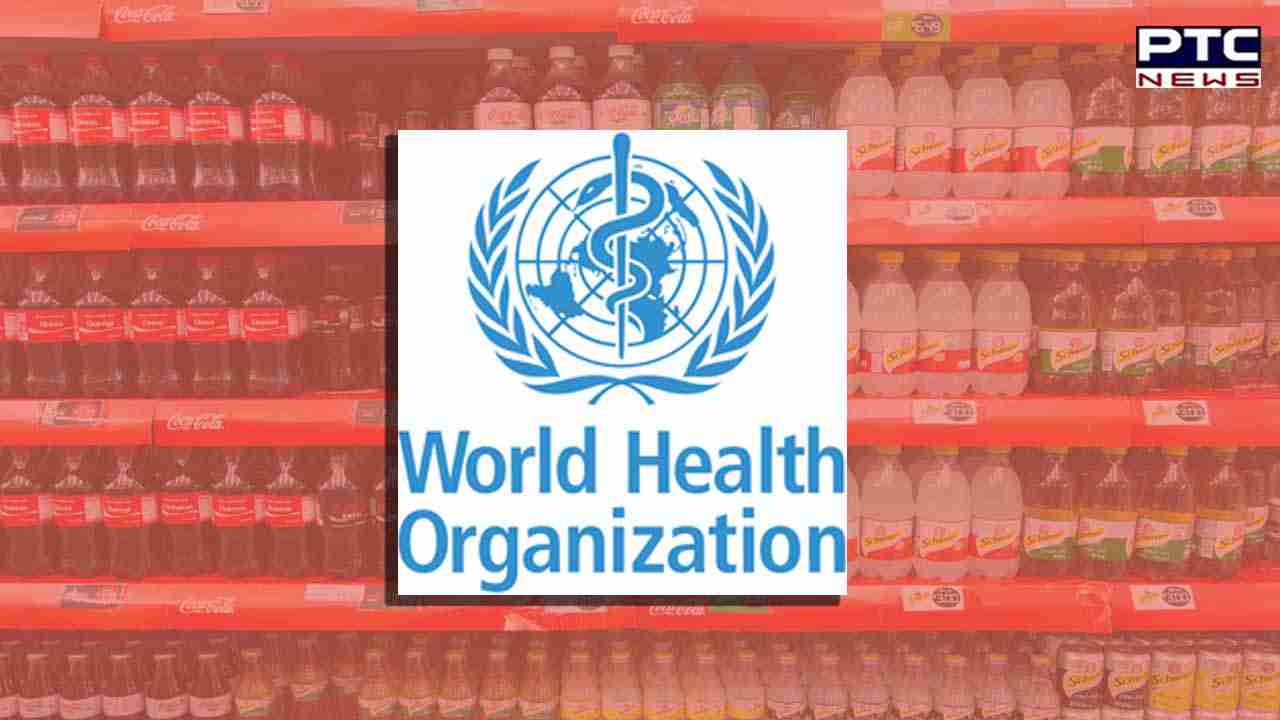Aspartame sweetener may be declared possible carcinogen by WHOs cancer research agency: Sources
JECFA is also reviewing the use of aspartame this year and is expected to release its findings on the same day as the IARC's decision.

London, June 30: The International Agency for Research on Cancer (IARC), the cancer research arm of the World Health Organization (WHO), is expected to declare aspartame, one of the most common artificial sweeteners, as a possible carcinogen next month. Aspartame is found in numerous products, including Coca-Cola diet sodas, Mars' Extra chewing gum, and certain Snapple drinks. This decision by the IARC, based on a comprehensive assessment of published evidence, has raised concerns among the food industry and regulatory bodies.
It is important to note that the IARC's ruling is intended to determine the potential hazards of a substance and does not take into account safe consumption levels. Separate guidance on safe consumption comes from the Joint WHO and Food and Agriculture Organization's Expert Committee on Food Additives (JECFA) and national regulators. However, previous IARC rulings have had significant impacts, causing consumer concerns, lawsuits, and recipe changes by manufacturers.
JECFA is also reviewing the use of aspartame this year and is expected to release its findings on the same day as the IARC's decision. Since 1981, JECFA has deemed aspartame safe within accepted daily limits, a view shared by national regulators. The IARC's conclusion represents a fundamental step in understanding the potential carcinogenicity of aspartame, while JECFA focuses on risk assessment.
Also Read: HDFC Bank's mega merger propels it to the ranks of global banking titans
Concerns have been raised about the coordination of the IARC and JECFA processes, as simultaneous releases could create confusion. Regulators from the United States and Japan have urged both bodies to coordinate their efforts and release their conclusions on the same day to avoid public confusion.
The IARC's past rulings, such as labeling glyphosate as "probably carcinogenic," have had far-reaching effects, including legal repercussions for companies. However, criticisms have been raised about the IARC's classifications causing unnecessary alarm, as they are based on the strength of evidence rather than the level of danger posed by a substance. Aspartame falls into the "possibly carcinogenic" category, indicating limited evidence in humans or sufficient evidence in animals.
Industry associations, including the International Sweeteners Association and the International Council of Beverages Associations, have expressed concerns about the IARC's review, citing discredited research and potential misinformation for consumers. Aspartame has undergone extensive studies, and regulators globally have authorized its use based on the available evidence.
The IARC's classification of aspartame as a possible carcinogen aims to stimulate further research to facilitate firmer conclusions for agencies, consumers, and manufacturers. This decision is expected to reignite debates about the IARC's role and the safety of sweeteners in general. The recent WHO guidelines advising against the use of non-sugar sweeteners for weight control have already sparked controversy within the food industry.
Also Read: Tech giants take stand: Google and Meta remove Canadian news amid paying publishers dispute
